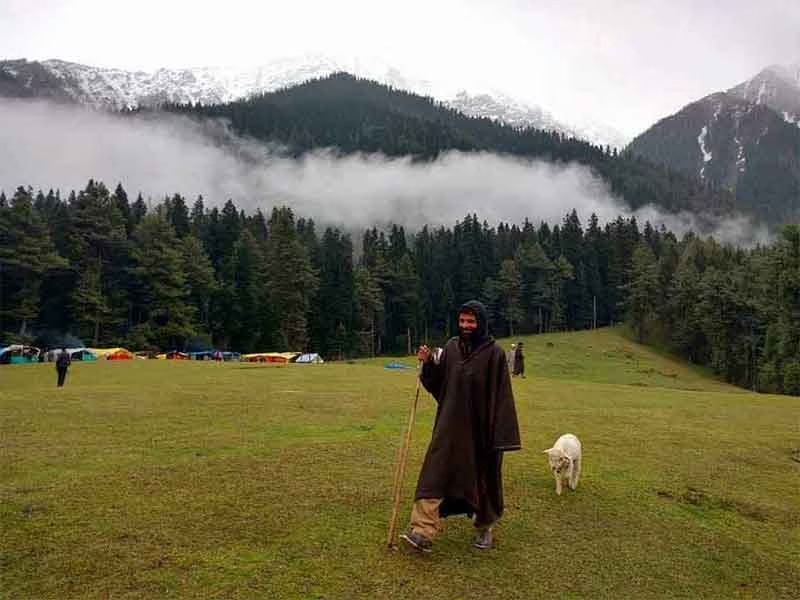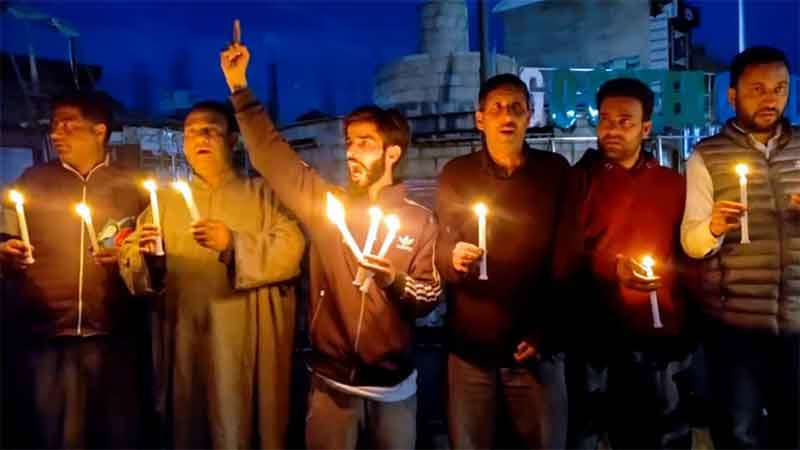
“The arc of the moral universe is long, but it bends toward justice.” – Martin Luther King
In the turbulent political landscape of Jammu and Kashmir, few voices have consistently spoken truth to power as unflinchingly as Comrade Mohammad Yousuf Tarigami. A experienced politician and a staunch advocate of democratic values, Tarigami has been at the forefront of the struggle against human rights violations in the region. His unwavering commitment to justice, constitutional rights, and the dignity of the Kashmiri people has made him a formidable force in the political discourse surrounding the valley.
A Constant Advocate for Rights and Freedoms
For decades, Comrade Tarigami, a senior leader of the Communist Party of India (Marxist), has fearlessly championed the cause of civil liberties in Jammu and Kashmir. He has consistently emphasized that lasting peace can only be achieved through justice and respect for fundamental rights.
“Suppressing dissent does not strengthen democracy; it only weakens its foundations,” he has often remarked, advocating for political dialogue over heavy-handed measures. His words reflect a core belief that a truly democratic society thrives on the free exchange of ideas, not through the suppression of voices of dissent.
A consistent critic of draconian laws such as the Public Safety Act (PSA) and the Armed Forces Special Powers Act (AFSPA), Tarigami has decried their misuse, arguing that they perpetuate alienation rather than ensuring security. These laws, which enable arbitrary detentions and grant extensive military powers, have been heavily criticized by human rights organizations around the world. He has repeatedly called for their repeal, stressing that democracy cannot flourish under the shadow of fear and authoritarian control.
Through decades of activism, Comrade Tarigami has remained a resolute defender of justice, tirelessly working to uphold the democratic values that form the foundation of a free and just society.
Speaking Truth to Power
“Courage is not the absence of fear, but the triumph over it.” – Nelson Mandela
In the wake of the abrogation of Article 370 in August 2019, Tarigami emerged as one of the strongest voices opposing the move, condemning it as an unconstitutional and undemocratic decision. The unilateral revocation, executed without the consent of the people of Jammu and Kashmir, was seen by many as an erosion of democratic principles.
“This is not just an assault on the special status of Jammu and Kashmir; it is an attack on the very essence of federalism and democracy in India,”
His own experience post-Article 370 abrogation is a testament to the region’s political climate. Placed under house arrest for months, Tarigami became a symbol of resistance against the stifling of political opposition. Yet, upon his release, he did not retreat but continued advocating for the restoration of statehood and constitutional rights.
Championing the Cause of Human Rights
Tarigami has long been a vocal critic of human rights violations in Jammu and Kashmir, consistently highlighting issues such as arbitrary arrests, enforced disappearances, prolonged internet shutdowns, and restrictions on free speech. His advocacy goes beyond mere words—he has actively pushed for accountability from both state and central authorities.
“No nation can claim to be truly democratic if its citizens live in fear,” he has repeatedly stated. “Democracy thrives on freedom, not silence.”
Through his interventions in Govermnent and at public forums, Tarigami has not only shed light on the suffering of Kashmiris but has also sparked important national conversations about the state of democracy and human rights in India. He has called for greater transparency and judicial oversight in cases of state excesses, demanding an end to the impunity enjoyed by those responsible for human rights abuses.
A Vision for a Justice Future
Despite the relentless challenges, Comrade Tarigami remains steadfast in his belief that a justice and peaceful future for Jammu and Kashmir is possible. His vision for the region is rooted in reconciliation rather than repression, dialogue rather than dominance.
“Genuine peace cannot be imposed; it must be built on justice, fairness, and mutual respect,” he affirms, reinforcing the need for inclusive political engagement.
Subscribe to Our Newsletter
Get the latest CounterCurrents updates delivered straight to your inbox.
Absolutely, comrade, has been a crucial figure in advocating for the rights and dignity of the people of Jammu and Kashmir. His unwavering commitment to justice, human rights, and democracy reflects the ongoing struggle for a better, more inclusive future in the region. His voice not only challenges the status quo but also amplifies the demand for a fair and peaceful resolution to the challenges faced by the people. It’s this persistence in the face of adversity that makes him a symbol of resistance and hope for future generations.
Mansoor Ahmad Malik is a Research Scholar















































